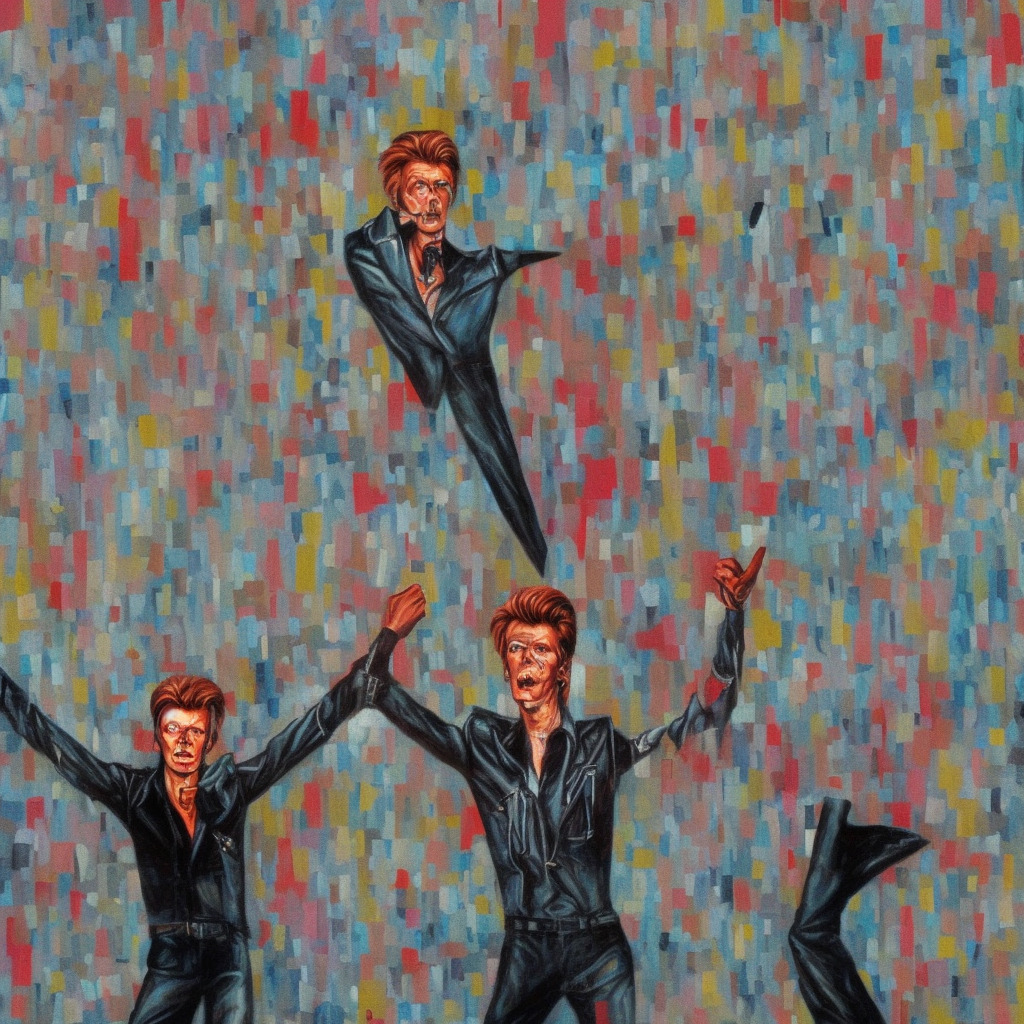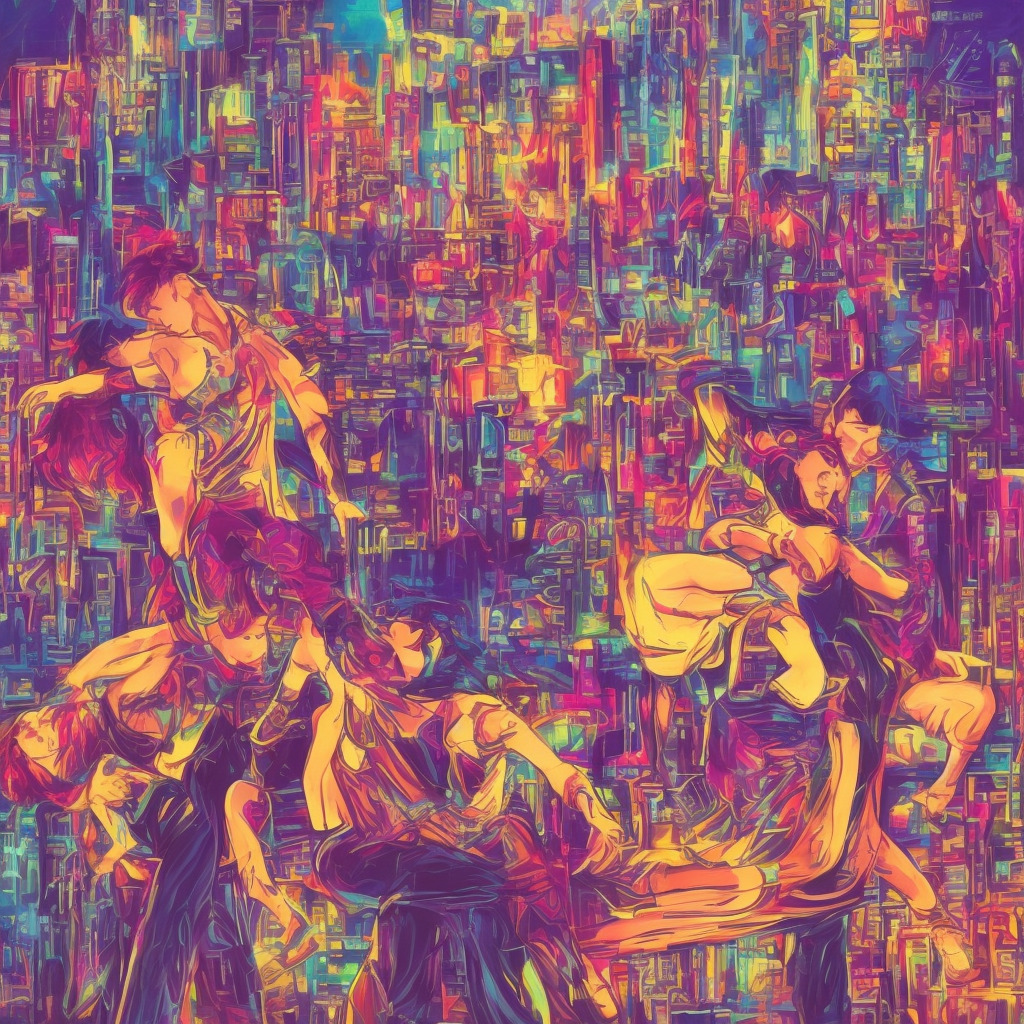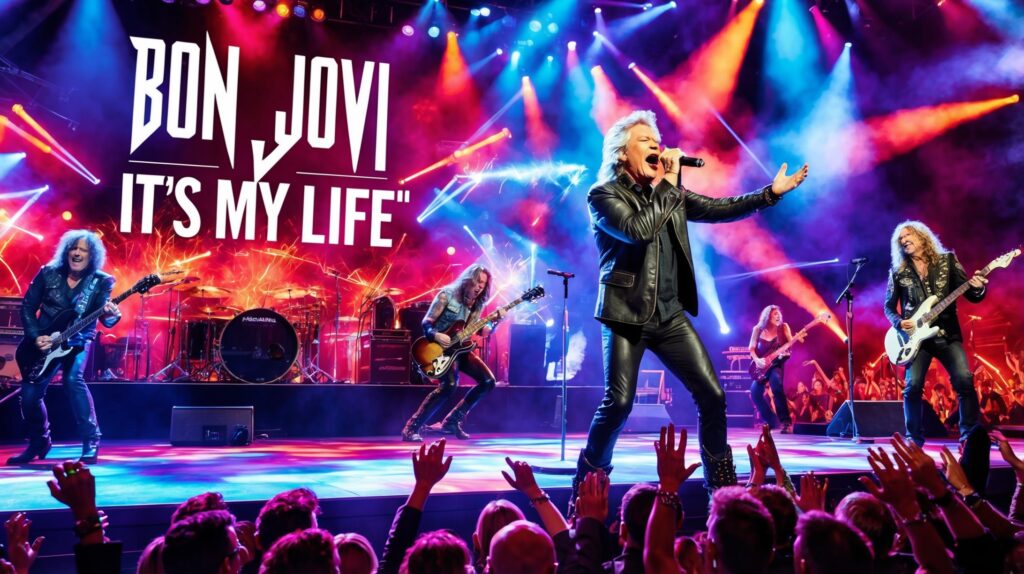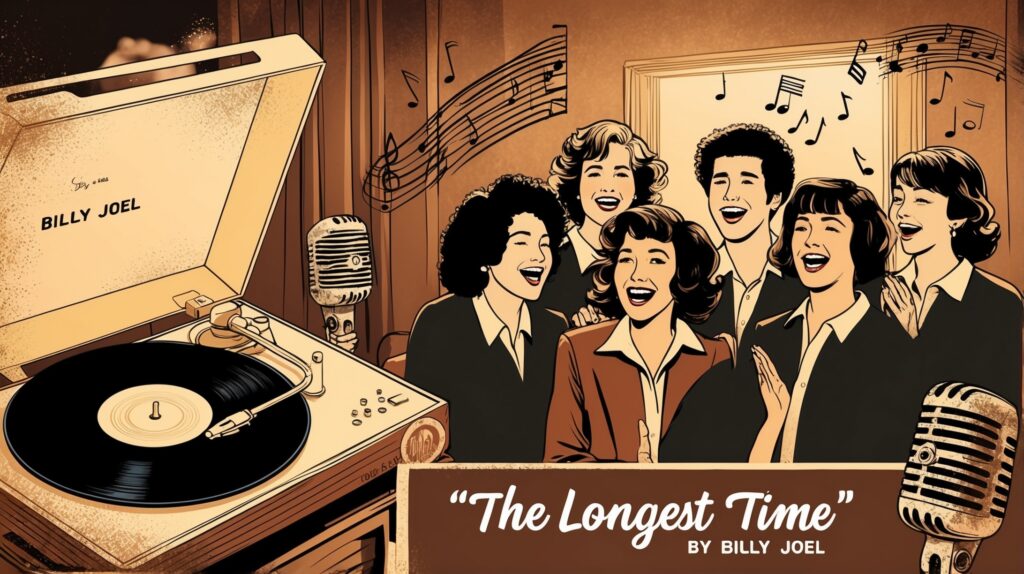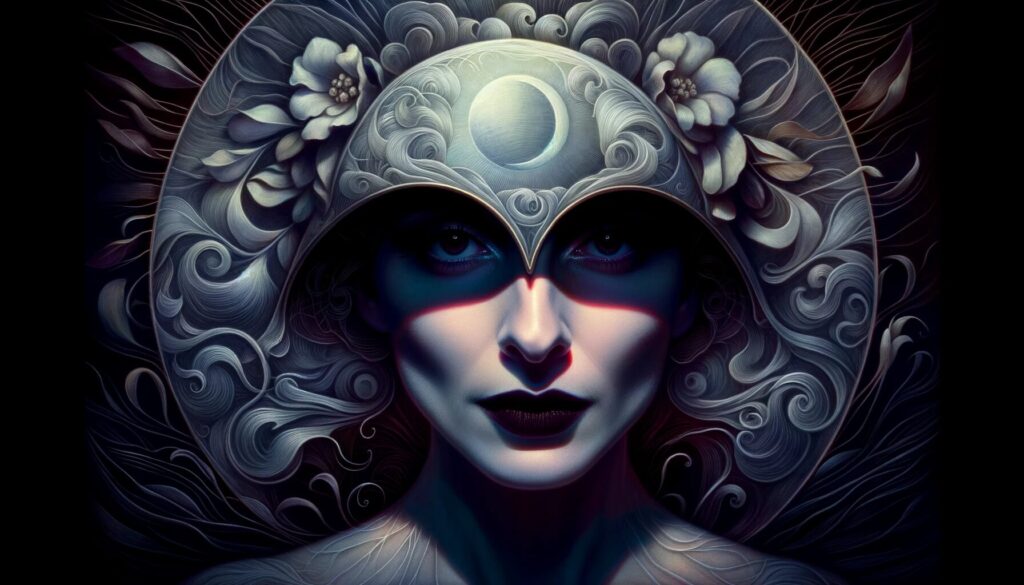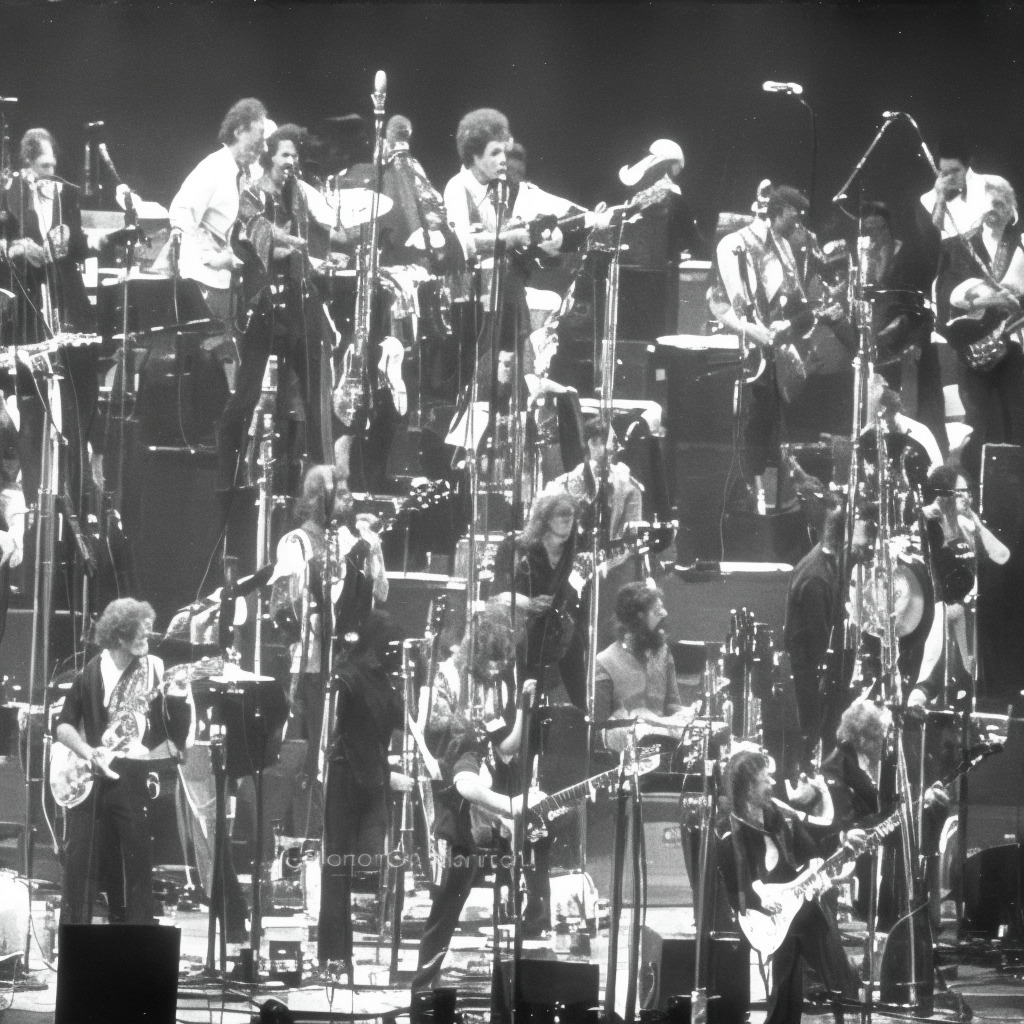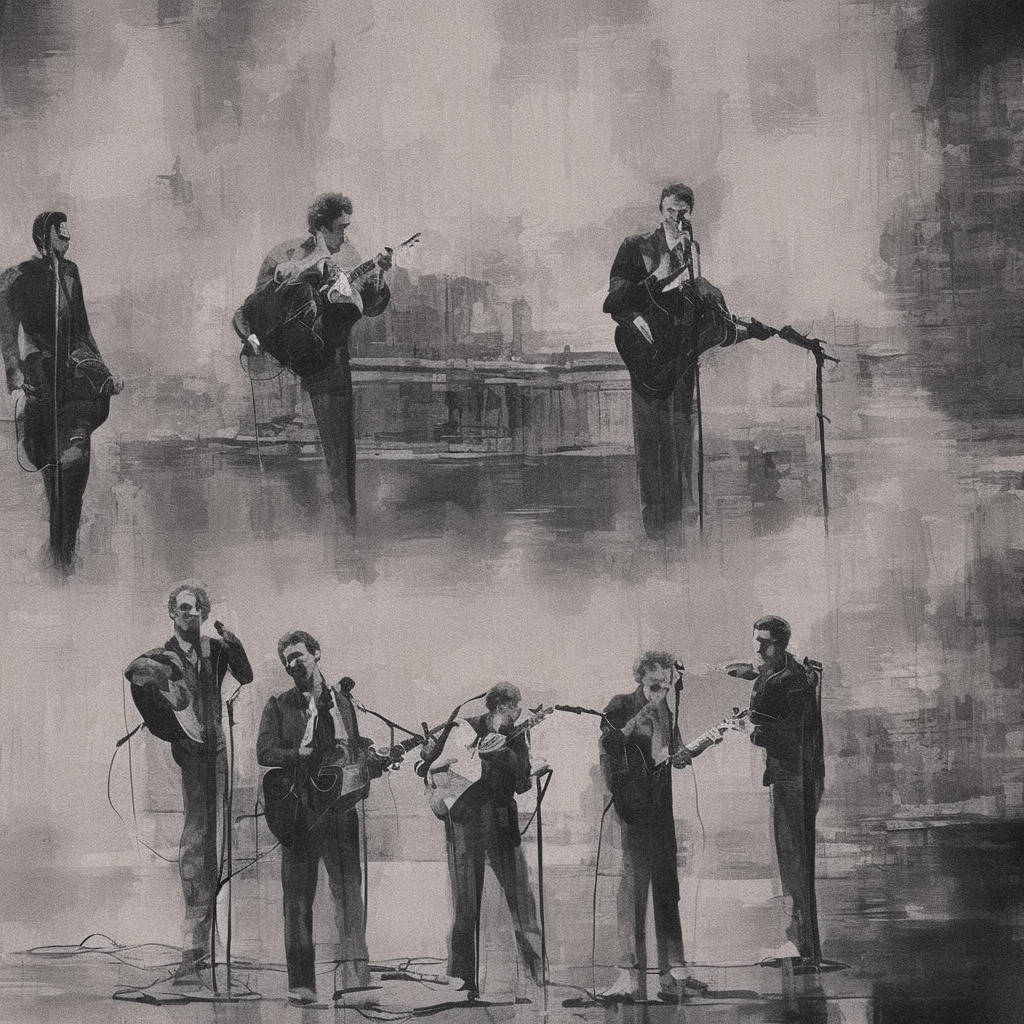? Did you know that Bowie’s iconic hit “Heroes” was inspired by a secret love affair? ? A timeless anthem for the rebels! ? Let’s dance and celebrate the legend! ?#DavidBowie #Heroes #MusicTrivia #ClassicsRock Read about it: tinyurl.com/4rhw2rra
Unraveling the Enigma of Bowie’s Timeless Anthem
“Unravel the enigma of Bowie’s timeless anthem ‘Heroes’ – a testament to his innovative fusion of genres, relentless reinvention, and enduring impact on music history.”
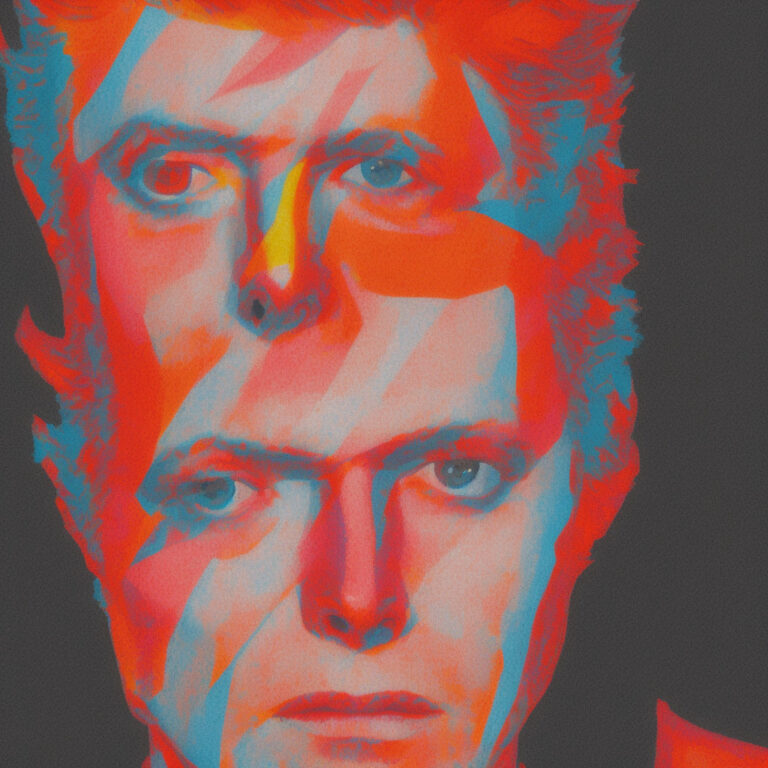
David Bowie, born David Robert Jones, has long been considered one of the most groundbreaking artists in the music industry. Throughout his illustrious career, which spanned over five decades, Bowie remained uncompromisingly innovative and daring. Known for his distinctive voice, eclectic musical styles, and penchant for reinvention, the British singer-songwriter left an indelible mark on the world of rock and pop music.
One of Bowie’s most iconic tracks is the 1977 song “Heroes,” which was co-written with Brian Eno and produced by longtime collaborator Tony Visconti. The song, taken from the album of the same name, was part of Bowie’s “Berlin Trilogy” – a series of experimental albums created during his time in West Berlin. It was in this city, in the shadow of the Berlin Wall, that Bowie found inspiration for “Heroes,” a soaring anthem about love, longing, and triumph in the face of adversity.
Despite not achieving immediate commercial success, “Heroes” has since become synonymous with Bowie’s legacy and is widely regarded as one of the greatest songs in rock history. Over the years, it has been covered by numerous artists and has made its way onto countless best-of lists. In 2004, Rolling Stone ranked “Heroes” at number 46 on its list of “The 500 Greatest Songs of All Time,” while NME placed it at number 15 on their list of the “500 Greatest Songs of All Time” in 2014.
Bowie’s ability to fuse various musical styles and genres is evident in “Heroes.” The song features a driving rhythm section, punctuated by Robert Fripp’s innovative guitar work and layered with Eno’s atmospheric synthesizers. Bowie’s impassioned vocals are raw and honest, delivering a message of hope and resilience that has resonated with listeners for decades.
Throughout his career, David Bowie received numerous accolades for his contributions to the music industry. He was inducted into the Rock and Roll Hall of Fame in 1996 and received the Grammy Lifetime Achievement Award in 2006. In the years since his untimely passing in 2016, Bowie’s influence and impact continue to be felt by musicians and fans alike.
While it is undeniable that Bowie’s ever-evolving style and persona occasionally resulted in some creative missteps, his unwavering dedication to his craft and desire to push boundaries ultimately cemented his status as a true icon. “Heroes” remains a shining example of his unique artistry – a timeless anthem that continues to inspire and captivate audiences worldwide.
Charting the Journey of a Timeless Anthem
From a modest chart debut to a timeless anthem, “Heroes” proves David Bowie’s genius transcends generations and continues to inspire.
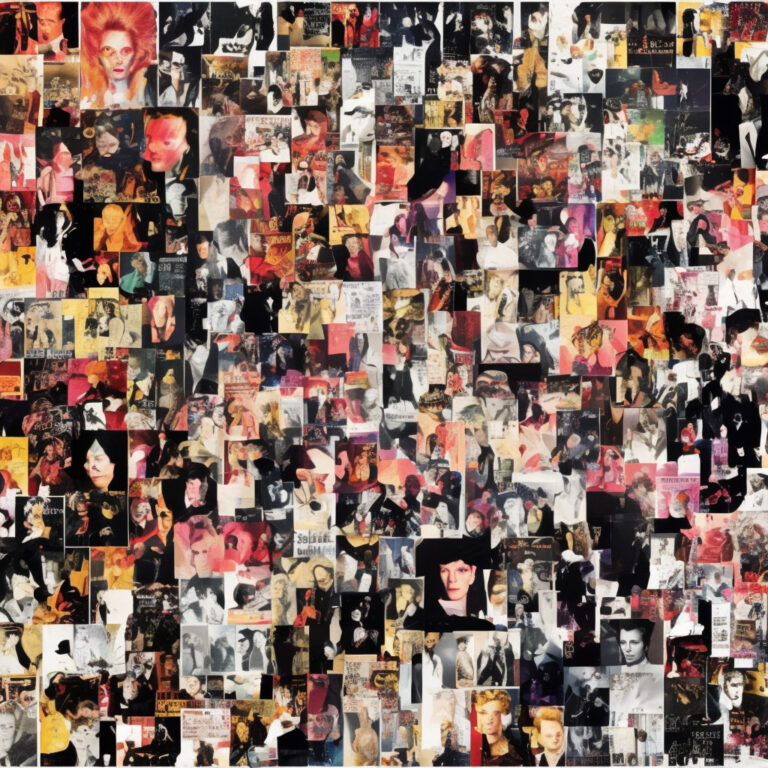
When it comes to chart success, “Heroes” might not have been an instant smash hit, but over the years, it has become an iconic and enduring classic. Released on September 23, 1977, the track was a part of David Bowie’s twelfth studio album, also titled “Heroes.” The song was initially met with moderate success, peaking at No. 24 on the UK Singles Chart on November 12, 1977. It stayed on the chart for a total of 11 weeks. However, this was only the beginning of the journey for the now-iconic song.
Surprisingly, “Heroes” didn’t make a significant impact on the US charts upon its initial release. It wasn’t until the 1990 reissue that it entered the Billboard Hot 100, reaching a peak position of No. 71 on March 3, 1990. Despite not being a huge chart-topping success, the song has become one of Bowie’s most significant and celebrated works.
In Germany, the song received a warm welcome, where it peaked at No. 27 on the Media Control Charts in 1977. The track even inspired the German band Wir sind Helden (We are Heroes) to take their name from the famous song.
“Heroes” has experienced a resurgence in popularity throughout the years, with various re-releases and appearances in multiple films and television shows. One such example is its inclusion in the 2001 film “Moulin Rouge!”, where it was covered by singer Ewan McGregor.
The song has also been embraced by various charity events and movements. In 2010, it was chosen as the anthem for the “Help for Heroes” campaign, and in 2012, Wallflowers covered the song for the soundtrack of “The Avengers” movie, introducing it to a new generation of fans.
It’s safe to say that even though “Heroes” didn’t immediately skyrocket to the top of the charts, it has solidified its place in music history as an enduring classic. Its lasting impact and growing popularity over time serve as a testament to the genius of David Bowie and the song’s powerful message.
Decoding the Lyrics: A Timeless Anthem
I, I will be king
And you, you will be queen
Though nothing will drive them away
We can beat them, just for one day
We can be heroes, just for one day
And you, you can be mean
And I, I’ll drink all the time
‘Cause we’re lovers, and that is a fact
Yes, we’re lovers, and that is that
Though nothing will keep us together
We could steal time, just for one day
We can be heroes, forever and ever
What’d you say?
I, I wish you could swim
Like the dolphins, like dolphins can swim
Though nothing, nothing will keep us together
We can beat them, forever and ever
Oh, we can be heroes, just for one day
I, I will be king
And you, you will be queen
Though nothing will drive them away
We can be heroes, just for one day
We can be us, just for one day
I, I can remember (I remember)
Standing by the wall (by the wall)
And the guns shot above our heads (over our heads)
And we kissed, as though nothing could fall (nothing could fall)
And the shame, the shame was on the other side
Oh, we can beat them, forever and ever
Then we could be heroes, just for one day
Diving into the meaning of the lyrics of “Heroes” by David Bowie, it becomes evident that the song carries a powerful message of hope, resilience, and the power of love. Written in 1977, the song encapsulates the spirit of the time, when the world was in turmoil, with the Cold War at its peak and the Berlin Wall dividing not only a city but also the world.
The lyrics speak to the strength of human connection in the face of adversity. The opening lines, “I, I will be king / And you, you will be queen” suggests the ability of ordinary people to rise above their circumstances and become their own heroes. The repetition of the line “We can be heroes, just for one day” reinforces the idea that even in the darkest of times, people can find strength and hope to carry on.
The verse “I, I wish you could swim / Like the dolphins, like dolphins can swim” speaks to the desire for freedom and the ability to overcome obstacles, while the lines “And the guns shot above our heads / And we kissed, as though nothing could fall” symbolize moments of love and connection amidst chaos and danger.
“Heroes” transcends the specific events of the era it was written in, resonating across generations as a powerful anthem that represents the indomitable human spirit. The song reminds us that even in the darkest of times, we can find hope, love, and ultimately, the strength to be our own heroes.
The Visuals Behind “Heroes”
“Stanley Dorfman’s timeless black-and-white visual masterpiece captures the heart and soul of David Bowie’s iconic anthem, ‘Heroes,’ exploring love, hope, and resilience through artful simplicity.”
The music video for David Bowie’s iconic song “Heroes” was directed by Stanley Dorfman, the man behind several other music videos for Bowie, as well as a number of other prominent artists. Dorfman, an Emmy-nominated director, was known for his innovative and artistic approach to music video production. The video for “Heroes” was no exception, as it captured the essence of the song in a simple yet powerful way.
The video was shot in black and white, giving it a timeless quality that complements the enduring nature of the song. It features Bowie performing alone on a dark stage, dressed in a stylish black suit with his signature androgynous glam rock look. The simplicity of the video allows the viewer to focus on Bowie’s heartfelt and emotional performance while listening to the inspiring lyrics of “Heroes.”
Produced on a relatively low budget, the “Heroes” music video relies heavily on close-ups, capturing the emotions on Bowie’s face as he sings about love, hope, and overcoming obstacles. The use of shadows and light, along with subtle camera movements, create a sense of depth and intimacy, drawing the viewer into the world of the song.
In addition to the official music video, there have been several fan interpretations and tributes to “Heroes” on YouTube. Among these are live performances, cover versions by various artists, and even unique animations that try to capture the spirit of the song. The song’s impact can also be seen in its use in numerous films, television shows, and commercials over the years, as well as its inclusion in the Rock and Roll Hall of Fame’s list of “500 Songs That Shaped Rock and Roll.”
The music video for “Heroes” may not be as flashy or high-concept as some of the other videos of its time, but its simple and elegant style allows the song’s powerful message to shine through. Through Stanley Dorfman’s vision, David Bowie’s “Heroes” has become a visual masterpiece that remains just as relevant and inspiring today as it was when it was first released.
The Man Behind the Masterpiece: David Bowie
David Bowie, born David Robert Jones in 1947, was a remarkably gifted and influential musician, singer-songwriter, and actor. Beyond the genius of “Heroes,” Bowie’s legacy is defined by an extensive and diverse catalogue that consistently pushed the envelope of creative expression. One of his most iconic songs, “Space Oddity,” introduced the world to the enigmatic character of Major Tom and cemented Bowie as a visionary artist. Further showcasing his songwriting prowess, Bowie wrote “Life on Mars?” a beautifully poignant and introspective tune that resonates with listeners even to this day. Throughout his career, Bowie fearlessly explored various genres and alter egos, such as the extraterrestrial Ziggy Stardust, and created timeless hits like “Starman,” “Rebel Rebel,” and “Let’s Dance” among many others. David Bowie’s remarkable contributions to the world of music continue to inspire and captivate generations of fans and musicians alike.
A Legacy of Triumphs and Tributes
“Heroes”: A timeless anthem of triumph woven into pop culture, inspiring generations and immortalized in the Grammy Hall of Fame.
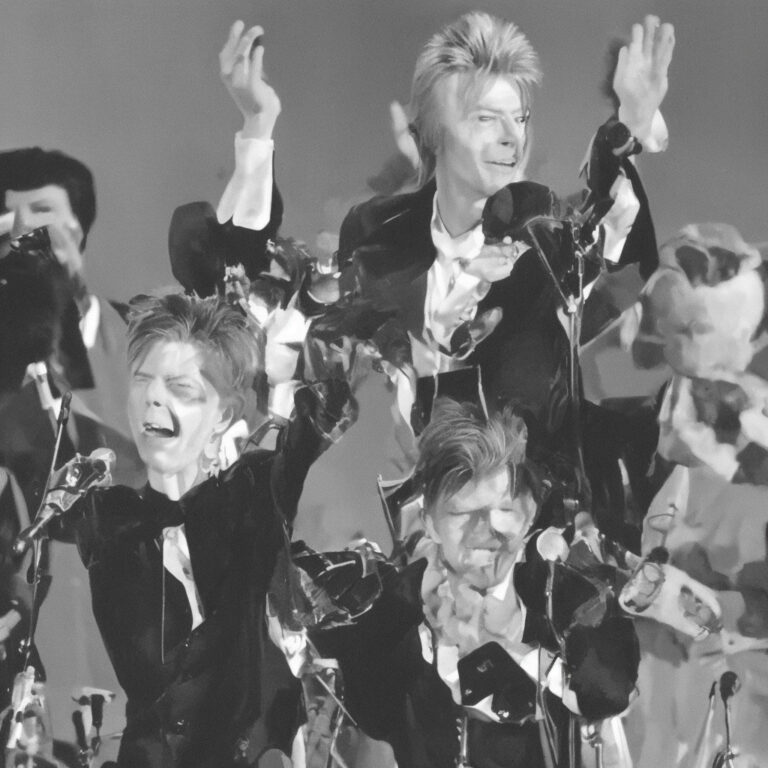
“Heroes” has received numerous awards and accolades since its release in 1977. It was ranked at number 46 on Rolling Stone’s list of “The 500 Greatest Songs of All Time” and at number 15 on the list of “The 100 Greatest Singles of All Time” by NME. The song has been recognized for its timeless quality and the impact it has had on generations of musicians and music lovers alike.
Over the years, “Heroes” has found its way into various TV shows, movies, and video games. The song was prominently featured in the 1983 film “Christiane F.” and has been included in several documentaries, such as 2016’s “David Bowie: The Last Five Years.” It has also graced the soundtracks of popular TV series like “The Perks of Being a Wallflower” and “Stranger Things.” In 2004, “Heroes” was prominently featured in the video game “Gran Turismo 4,” showcasing its widespread appeal and staying power.
The sheer power and influence of “Heroes” have inspired numerous cover versions over the years. Perhaps one of the most famous covers is the 2010 rendition by the English rock band Oasis, who played the song during their live shows as an homage to their hero, David Bowie. In addition, notable artists like Peter Gabriel, Janelle Monáe, Blondie, and King Crimson have all paid tribute to the iconic track through their own unique interpretations.
In 2018, “Heroes” was inducted into the Grammy Hall of Fame, which recognizes recordings of lasting qualitative or historical significance. This honor is a testament to the song’s enduring legacy, as well as David Bowie’s impact on popular music and culture. As time goes on, the influence of “Heroes” continues to resonate, cementing its place as an essential piece of music history.
Delving into the Musicality of a Timeless Classic
As we dissect the artistry behind “Heroes,” it’s essential to first establish the key that sets the stage for this iconic anthem. Written in the key of D major, the song employs a distinct chord progression that lends itself to the emotional depth and intensity that Bowie is known to deliver. The chords follow a structure of D-G-Em-A, with a tempo of approximately 112 BPM (beats per minute), which is fairly standard for a pop-rock ballad.
One of the most striking aspects of “Heroes” is the layering of instruments, particularly during the intro. Beginning with a droning synth pad to set the atmospheric mood, the song gradually introduces an aggressive, syncopated guitar riff that complements the underlying chords. This memorable riff, played on an electric guitar, is rooted in the use of a palm-muted technique to achieve that distinct staccato sound.
Another notable element in “Heroes” is the use of a delay effect on Bowie’s vocals. This effect creates an echo-like quality that adds a sense of space and depth to the vocal line, which is further enhanced by the rich harmonies provided by the backing vocals. Throughout the song, Bowie’s vocal range is on full display as he switches between his lower and upper registers, culminating in a powerful falsetto during the chorus.
The rhythm section, consisting of bass and drums, provides a solid foundation for “Heroes” and drives the song dynamically. The bass guitar locks in with the drum pattern, primarily utilizing root notes of the chords and providing a consistent groove. The drums, on the other hand, feature a steady 4/4 time signature with subtle variations in the hi-hat and snare patterns, adding complexity and nuance to the overall rhythm.
Lastly, it’s worth mentioning the iconic production techniques employed in the creation of “Heroes.” Produced by David Bowie and Tony Visconti, the song showcases their innovative use of the Eventide Harmonizer, an early digital effects processor. This device was used to create the signature guitar sound heard throughout the track, as well as the distinctive vocal texture that has come to define this timeless classic.
In conclusion, the brilliance of “Heroes” lies in its masterful blending of musical elements and innovative production techniques, resulting in a song that remains as captivating and emotionally resonant today as it was upon its release.

